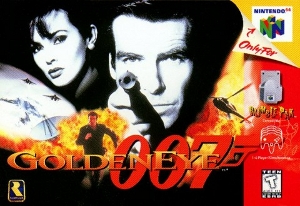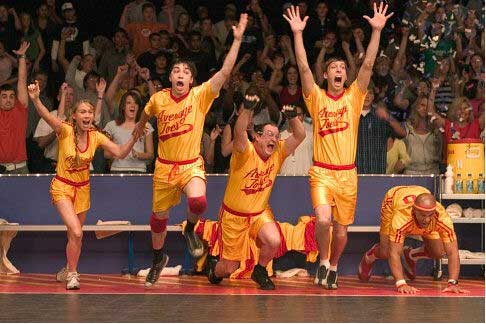I should be reading student projects. I had every intention of doing so. I'm not doing it. Instead, I'm creating my very own ZoomCloud (see the sidebar. Pretty!). I love the internet for many, many reasons (shopping, for example), but also because of the ways in which it allows me to procrastinate by researching ideas and elements that are vaguely connected to my field. So, you know, it's not
really procrastination. It's research!
I've been looking at other ZoomClouds (to cite my sources, I'm particularly impressed by the ones at the inestimable
Collin vs. Blog and similarly insightful
Digital Digs of Alex Reid) and thinking about how the examples there might work here as a visual representation of the recurring ideas that float through my own writing. If you already know how this works, skip on ahead; I'm going to attempt to explain this in my own words. Supposing that I understand it correctly, the ZoomCloud takes a feed (any feed--of a blog, a newspaper, anything on the web that produces a feed) and sorts it by tag, representing the largest number of tag occurrences with the largest-sized tag in the Cloud, then the next largest, etc. So, given that, how surprised am I that "reading" is the most mentioned tag from my blog feed? Wouldn't you think it would be something related to consumption, or better yet "dickhead?" Who knew that I still cared about reading? [Looking more carefully at Collin and Reid, you'll notice that the former uses the ZoomCloud, while the latter uses del.icio.us. If anyone cares to make an argument for why a particular architecture works better than another, bring it on.]
The purpose of this experiment, really, was to watch how this kind of technology works--what the effects are over time, and what it can tell me about this blog. I know that a number of people use blogs, RSS feeds, wikis, etc. in their courses. In conjunction with those, the ZC seems to be a particularly useful tool in terms of how it might monitor and represent ideas within a community. If one were to have a group blog for a class, in which everyone were posting on, say, Derrida, then your ZC would be able to track--and publicly represent--the tags that students were using to write their way into understanding an essay. What would it mean if particular tags were to occur significantly more than others? What can this kind of representation tell us about shared vocabularies, ideas, ways of reading?
In
this article in Wired (which, by the way, I located using Reid's del.icio.us tag for "folksonomy"), author Bruce Sterling gives a useful treatise on these kinds of technologies and the ways that they represent information as it is organized not by specialists, but by interested web surfers: "A folksonomy, on the other hand, arises spontaneously as Net users encounter information, think about what it means, and tag it with descriptive words. Then software makes the information accessible via a simple keyword search. The results aren't definitive or scientific, but they can be very useful." It may be because I work in Humanities, but I'm less interested in so-called "definitive or scientific" uses of information. I'm
WAY interested in how this can be useful. For an individual, I imagine that it can be useful in exhibiting the tags that you occupy you the most. Over time, what are our enduring obsessions? Are they what we think they are? For a group, particularly a LARGE group like those that Sterling reflects on, they might give us a better sense of a zeitgeist, or what Raymond Williams called a "structure of feeling." I'm officially going to butcher this definition, but for Williams, a SoF was a way of describing largely unconscious beliefs or desires among people within a culture, which was often at odds with those produced and maintained by institutions. [I can't believe this isn't on Wikipedia. Someone with a better background in Marxism than me--get over there!!] All of this to say; if you're using some kind of folksonomy system to track the occurrence of tags within a large group, you may discover important shared values and beliefs that aren't necessarily being attended to by governments, traditional media, etc.
Whew. I'm playing beat the clock with my laptop battery, so I'll sign off here. There's more to be said and read about the use of new digital media in pedagogy--I'm just breaking the ice for myself.
Just look at the cloud. Pretty.






